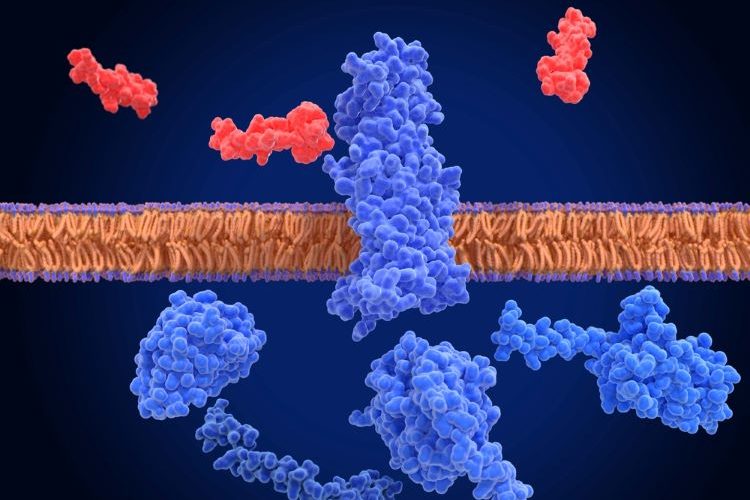Teva wins US obesity approval for its GLP-1 generic liraglutide
Posted: 29 August 2025 | Catherine Eckford (European Pharmaceutical Review) | No comments yet
And Eli Lilly and Company’s new oral GLP-1 obesity therapy orforglipron shines in late-phase clinical trials.


The obesity drug market continues to mature with US approval for the first generic version of a glucagon-like peptide (GLP)-1 drug that’s indicated for weight loss.
Alongside that the pharma industry keeps working on newer obesity drug candidates, with a new oral GLP-1 from Eli Lilly and Company posting strong Phase III data.
The generic GLP-1 approval from the US Food and Drug Administration (FDA) is for Teva Pharmaceuticals’ version of Novo Nordisk’s injectable Saxenda (liraglutide).
Teva’s liraglutide injection is indicated for obese or overweight adults who also have weight related medical problems. Paediatric patients who weigh greater than 60kg are also eligible for the drug to help with weight loss and weight maintenance.
“[Saxenda] is the fifth first-to-market entry of a Teva generic this year and is an important addition to Teva’s diverse complex generics portfolio”
Ernie Richardsen, Head of US Commercial Generics at Teva, said: “This is the fifth first-to-market entry of a Teva generic this year and is an important addition to Teva’s diverse complex generics portfolio.”
Approval of the GLP-1 will see Teva compete with Novo’s obesity drug Wegovy (semaglutide), which it markets as Ozempic to treat diabetes, and Lilly’s Zepbound (tirzepatide). The two headline-grabbing blockbuster obesity treatments are given as once-weekly injections.
Lilly’s oral GLP-1 medicine for obesity
The next planned component of Lilly’s weight loss portfolio is orforglipron, a once-daily oral GLP-1 receptor agonist that this week reported strong Phase III data, putting it on course for global regulatory submissions later this year.
The topline results showed that in adults with obesity or who are overweight and have type 2 diabetes, the drug provided significant weight loss, meaningful A1C reductions, and improvements in cardiometabolic risk factors at 72 weeks.
In the ATTAIN-2 trial, participants lost an average of 22.9 lbs (10.5 percent) on the highest (36mg) dose of orforglipron, with A1C reduced by an average of 1.8 percent. This was compared to 2.2 percent (5.1 lbs) with placebo.
These results “reinforce the potential for orforglipron… to deliver meaningful weight loss and A1C reduction, consistent with similar landmark trials for injectable GLP-1s,” said Kenneth Custer, PhD, President of Lilly Cardiometabolic Health.
Related topics
Big Pharma, business news, Clinical Development, Clinical Trials, Data Analysis, Drug Development, Drug Markets, Drug Safety, Generics, Industry Insight, Regulation & Legislation, Research & Development (R&D), Therapeutics









